We recently connected with Victor Sawyer and have shared our conversation below.
Victor, appreciate you joining us today. How did you learn to do what you do? Knowing what you know now, what could you have done to speed up your learning process? What skills do you think were most essential? What obstacles stood in the way of learning more?
I started playing music on trombone. in middle schools and went through a fairly traditional music training from middle school to high school to college and then in my master’s degree. The real nuance of getting better began when I no longer had an instructor and had to self-direct my learning. That’s where a lot of people fall off. I had to really become methodical in how I planned my practice. I had to develop categories for growth and create plans for each session so I can strive towards continuous improvement. It takes a lot of trial and error but also a great deal of “trusting the process”. One major key is the resolve to practice everyday, which I do unless I need to take a break to prevent injury. I think a major key to improving faster would’ve been asking my peers for help and trusting the process. There truly are no shortcuts to becoming better at music. Patience and focus are definitely the two biggest factors in my long-term improvement. My own struggles with bipolar disorder definitely stood in the way but even when I was at my most unstable I somehow mustered up the strength to take the horn out and practice.
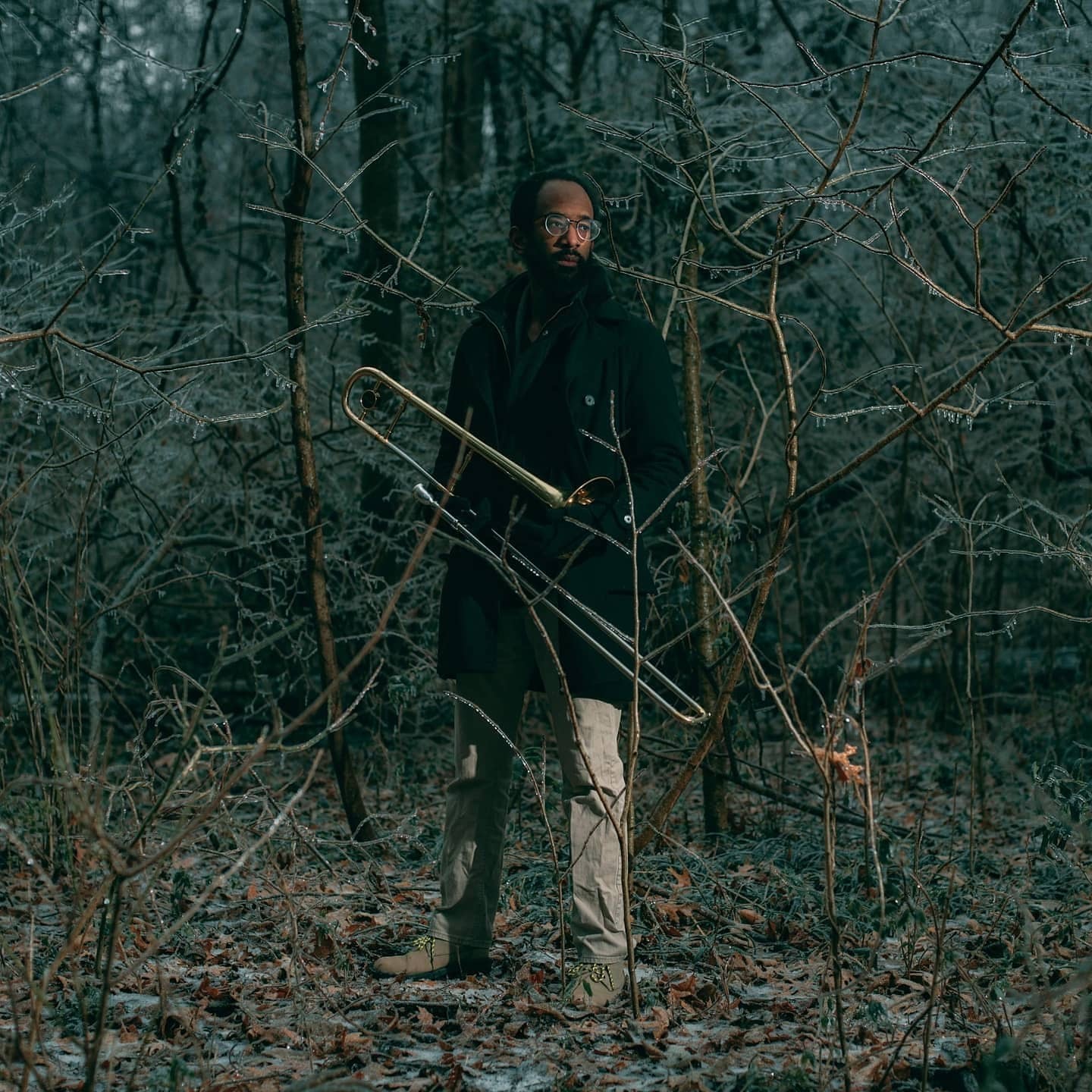
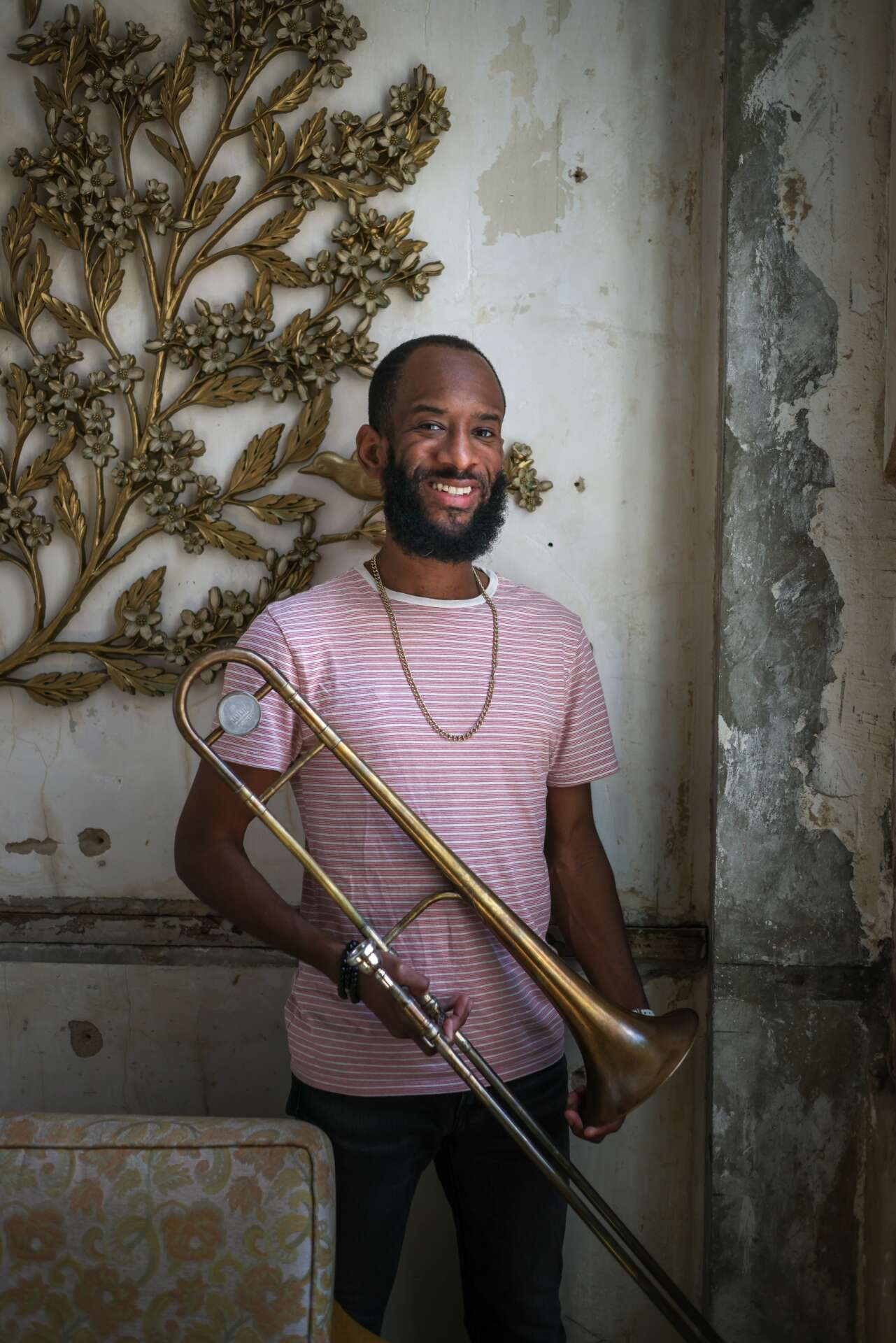
Victor, love having you share your insights with us. Before we ask you more questions, maybe you can take a moment to introduce yourself to our readers who might have missed our earlier conversations?
I am a musician from Memphis, TN and have been playing music professionally for about 17 years and trombone for 23 years. I got my start at Ridgeway MS and then continued at Ridgeway HS, the University of Memphis, and the Manhattan School of Music. Since graduating I’ve continued to grow as a musician by mostly performing, the classic “trial by fire” and also by daily methodical practice. Individual practice is the absolute key to becoming better as a musician. Taught music as a Teaching Artist for 12 years and only recently exited the world of education. I can truly say I was burnt out and didn’t have it in me anymore. Whether or not it’s permanent is still up in the air but for now I am very happy to have a respite. Being a teacher is a noble and tiresome occupation and I felt that if I couldn’t continue to give 100% to my students then I may not be the right one for the job. I am mostly a performer who leads the Lucky 7 Brass Band but also freelances with a wide variety of acts in a wide variety of settings. I’m truly a “gun for hire” in music and am typically down to tackle most performing/recording situations. I also compose and arrange music. I think what sets me apart is I am known for fitting into any ensemble quite well. I serve the music and the band when I join a group. It’s my job to be a positive addition and uplift the overall musical vision. It’s not about me. I also bring a high level of performance energy. The music sounding good is an absolute must and should be a given but there is also an entertainment factor that I believe is important and I bring it every performance. Finally being a prepared professional will get you called back every single time.
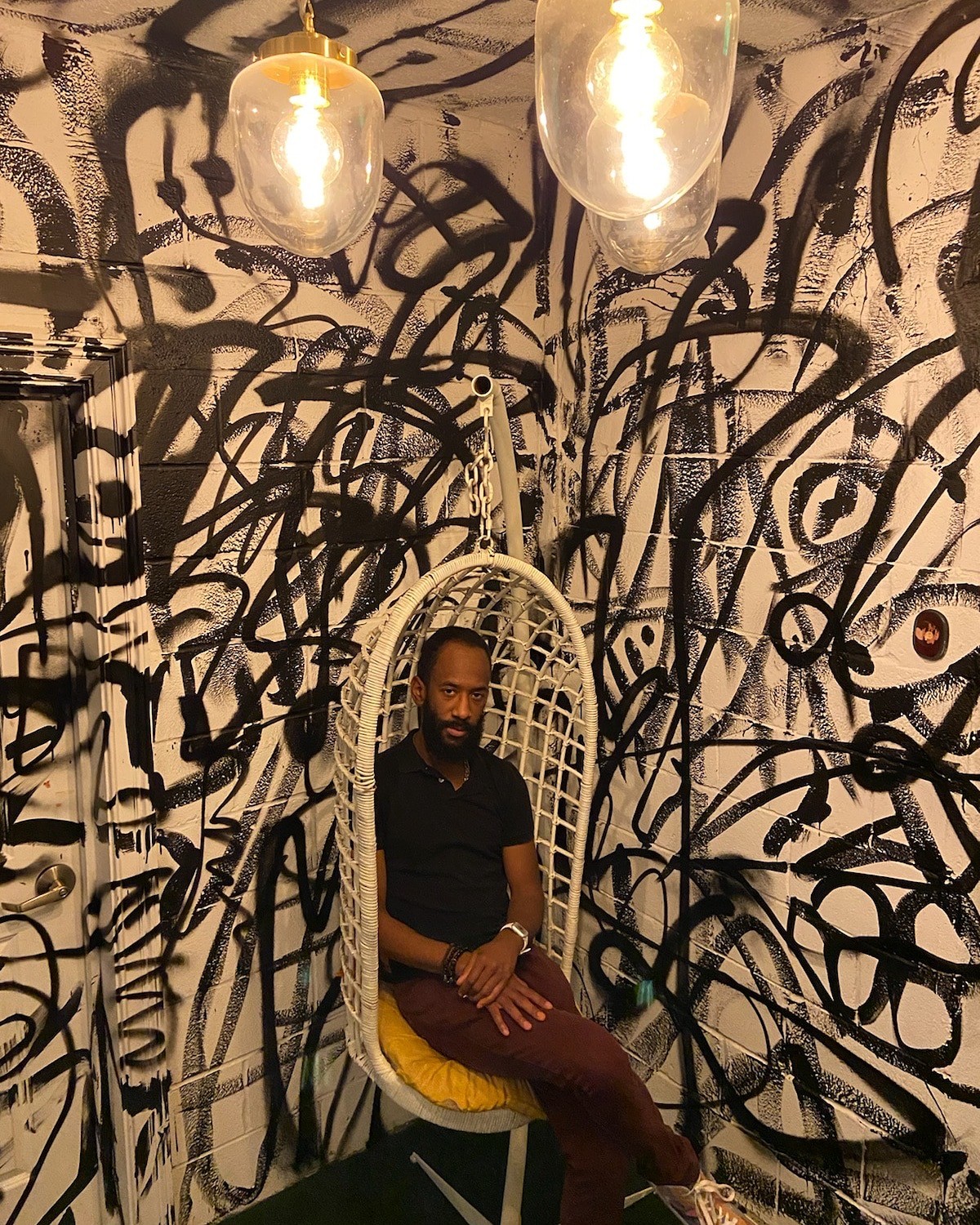
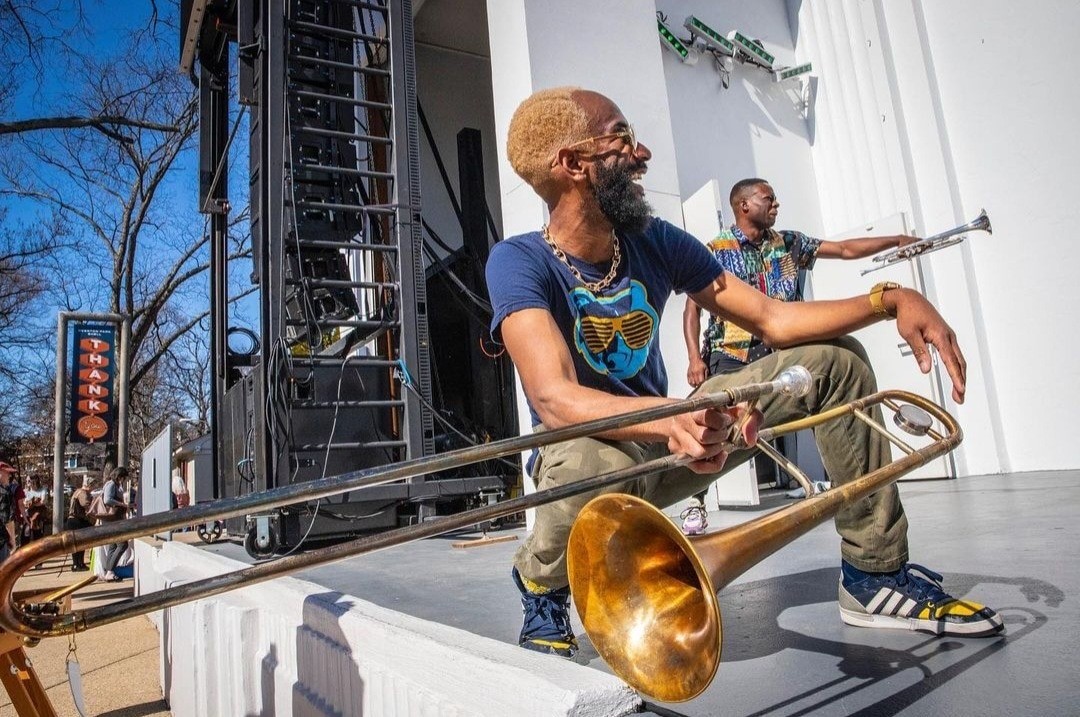
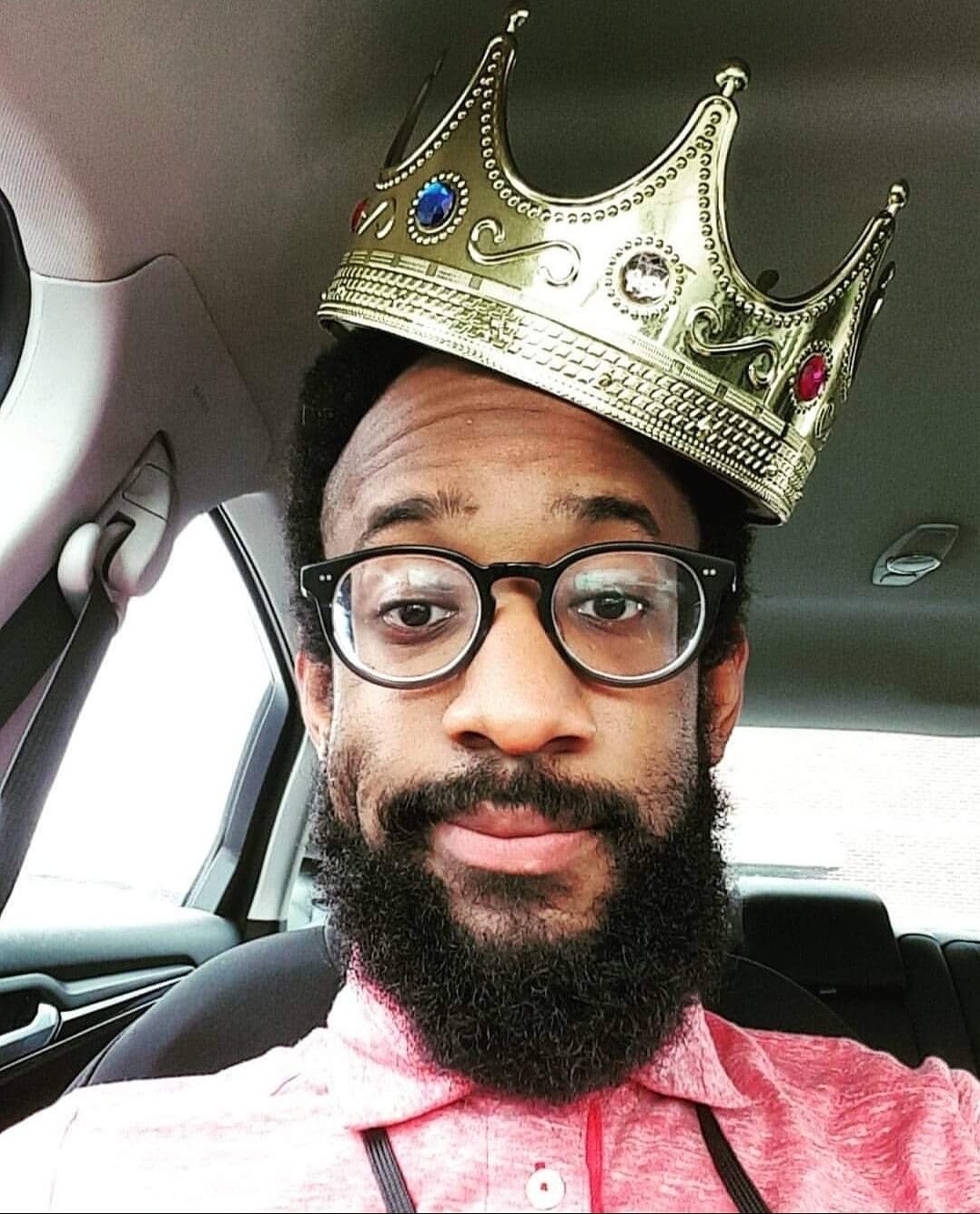
Can you share a story from your journey that illustrates your resilience?
I was formally diagnosed with bipolar II disorder at the age of 27 which is when I also began legit treatment but had symptoms and had been suspected of having it since the age of about 22. I do believe the period of worsening instability from the age of about 18-27 had a major impact on my career. On one hand, the reckless impulsiveness of bipolar mania made me adventurous and I sought out new experiences which ultimately gave me a broad worldview to draw upon as an artist and creative. On the other hand the consequences of that adventurous spirit could’ve ended my life. I was a very much a one-step forward, two-steps back person. I was achieving a great deal but frequently torching some of my gains while my mind slowly deteriorated into madness and alcohol addiction. Despite those challenges I continued to show up for gigs and somehow practiced everyday. So I had a true parallel life where I was getting better and better professionally while getting worse and worse personally. It was at the age of 27 when things had gone to far. I was deep in my addiction to the point that I was losing work as a musician and getting fired from bands. I was at the mercy of my bipolar mind and I finally had to enter a mental health facility. After getting discharged I took time away from the scene and didn’t play much music at all (I still practiced everyday). After demonstrating that I was in fact better I regained much of what I lost professionally and re-established myself as a trustworthy, highly skilled musician and regained control of my life.
For you, what’s the most rewarding aspect of being a creative?
For me the idea that there’s always something to explore is what makes being a creative so valuable. I see so many people who feel lost or as though their lives have no meaning and I think the arts provides an avenue for lifelong learning, curiosity, and wonder. There’s always something to practice, a new piece of music to learn, a new understanding of music, a new project to start, etc. I feel truly grateful to have the arts in my life and appreciate the North Star that it provides on this crazy journey called life.
Contact Info:
- Website: http://www.lucky7brassband.com
- Instagram: @v3000
- Facebook: Victor Sawyer
- Linkedin: Victor Sawyer
- Twitter: N/A
- Youtube: Lucky 7 Brass Band
- Other: TikTok: @v.3000
Image Credits
Houston Cofield (Main and in the woods photo) Craig Thompson (Blonde Hair photo) Jamie Harmon (Pink shirt with trombone photo)


